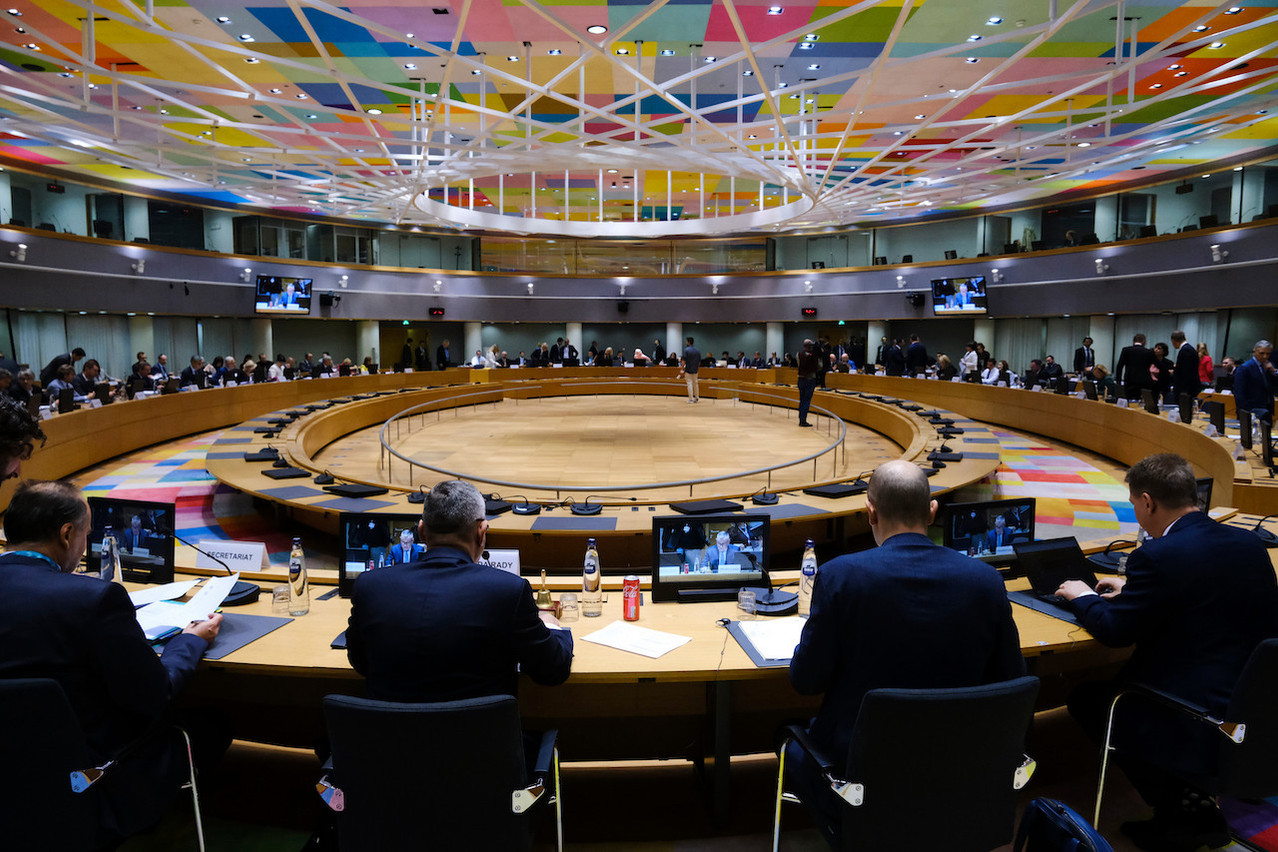Member states have agreed to continue reducing their energy demand, adding electricity to the already existing gas reduction plan. Under the deal reached in Brussels on Friday, countries would voluntarily reduce their overall electricity consumption by 10% as well as reduce their demand by at least 5% during peak hours. The states, according to the council of the EU’s website, are free to decide how they will reach their target but must identify 10 % of their peak hours between 1 December 2022 and 31 March 2023 during which they will reduce the demand.
“The Council agreed to cap the market revenues at 180 euros/MWh for electricity generators, including intermediaries, that use so-called inframarginal technologies to produce electricity, such as renewables, nuclear and lignite,” a statement read. Some energy producers are indeed seeing their profits soar as their technologies don’t generate as much cost. Member States will collect the surplus and redirect it towards households and businesses.
The solidarity levy for the fossil fuel sector has also been approved: “The contribution would be calculated on taxable profits, as determined under national tax rules in the fiscal year starting in 2022 and/or in 2023, which are above a 20% increase of the average yearly taxable profits since 2018,” according to the council.
SME’s should also be granted support. The agreement foresees that EU countries may set a price for the electricity supply to SMEs--some states might even set the price below cost. In Luxembourg, SME minister Lex Delles (DP) on 29 September presented and up to as much as €25,000 for those investing in projects to reduce their water, waste and carbon footprint as well as digitalisation.
But the deal isn’t indefinite. The electricity agreement is meant to last, like the gas reduction plan, until 31 March 2023. The mandatory cap on revenue will be valid until 30 June 2023, whereas the measures for the SMEs, described as “temporary and extraordinary in nature”, will last from 1 December 2022 to 31 December 2023.
A has however not yet been agreed. Luxembourg energy minister Claude Turmes had said it was risky and difficult to implant. However, ahead of the meeting, he had also called for
The political agreement will become official once it has been set in writing and published in the EU’s Official Journal. This should take place in October 2022.
